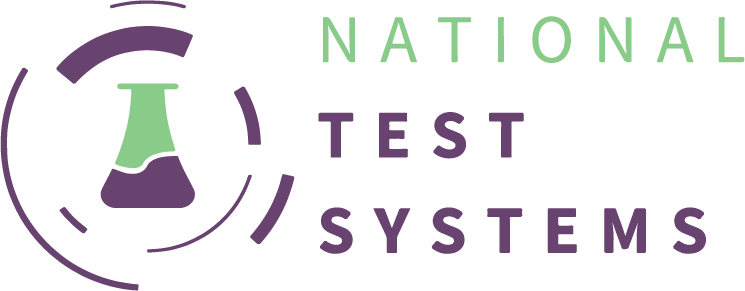Alcohol
ALC / ETG
What is Alcohol
Alcohol is one of the most used and abused, yet widely accepted, drug of abuse being one of the oldest consumed substances around the world. People from all over the world use alcohol for many different reason but one of the main uses of alcohol is drinking it. It is important to know that not all alcohol is drinking alcohol. Drinking alcohol, also called ethanol or ethyl alcohol, is produced by the fermentation of fruits, grains, or other sources of sugar and depending on this process will dictate the strength, or alcohol content, of a beverage. When alcohol is consumed your body will start to metabolize it producing what is called Ethyl Glucuronide (ETG), a metabolite of ethanol. Since ETG is a metabolite produced by the body after consumption you are able to detect positive trace amounts within a persons urine up to 80 hours from a person last drink, making it a desirable choice for alcohol screen testing.
Cut-Off Levels (ng/mL)
300, 500, 1,000 ng/mL (Urine)
<50, 50, 100 ng/mL (Saliva)
Window of Detection
Up to 80 Hrs. for ETG Urine Screen
How is it Used?
Alcohol is used in a variety of different ways but most commonly known, drinking alcohol, or ethanol, is usually ingested orally by consuming an alcoholic beverage. There has been cases where addicts have been know to consume other alcoholic products such as, mouth wash, cleaning products, medicines containing trace amounts of alcohol, and even rubbing alcohol, which can be very harmful or even fatal.
What are the Effects?
Side effects will vary based on the rate and amount of consumption as well as the potency and alcohol content of a drink. Effects can appear as early as 10 minutes. Your blood alcohol concentration (BAC) level, which is the amount alcohol present in a persons bloodstream, will rise as someone continues to drink and will increase the strength of any side effects. Heavy drinking and binge drinking, where someone consumes multiple drinks over and extended period of time, can lead to blackouts in memory where the user will often not remember his or her actions while under the influence. Prolonged alcohol consumption-can have adverse side effects on someones, brain, heart, liver, pancreas, and immune system and has even been known to increase risks of developing, mouth, throat, and liver cancer.
Alcohol is a highly addictive substance and can cause dependency with extreme withdrawal symptoms after stopping use. Alcohol Use Disorder (AUD) is a very serious illness that many people suffer form everyday. Some signs of AUD are:
- Had times when you ended up drinking more, or longer than you intended?
- More than once wanted to cut down or stop drinking, or tried to, but couldn’t?
- Spent a lot of time drinking? Or being sick or getting over the aftereffects?
- Experienced craving — a strong need, or urge, to drink?
- Found that drinking — or being sick from drinking — often interfered with taking care of your home or family? Or caused job troubles? Or school problems?
- Continued to drink even though it was causing trouble with your family or friends?
- Given up or cut back on activities that were important or interesting to you, or gave you pleasure, in order to drink?
- More than once gotten into situations while or after drinking that increased your chances of getting hurt (such as driving, swimming, using machinery, walking in a dangerous area, or having unsafe sex)?
- Continued to drink even though it was making you feel depressed or anxious or adding to another health problem? Or after having had a memory blackout?
- Had to drink much more than you once did to get the effect you want? Or found that your usual number of drinks had much less effect than before?
- Found that when the effects of alcohol were wearing off, you had withdrawal symptoms, such as trouble sleeping, shakiness, irritability, anxiety, depression, restlessness, nausea, or sweating? Or sensed things that were not there?
Common Symptoms of Use
- Reduced inhibitions
- Slurred speech
- Motor impairment
- Confusion
- Memory problems
- Concentration problems
- Coma
- Breathing problems
- Death
What does it Look Like?
Ethanol, or drinking alcohol, comes in liquid form and can vary in color, ranging from clear to dark brown and amber, as well as potency.
Legal Status
Alcohol is legal to purchase and consume it most part of the world with some age restrictions. Currently the legal drinking age in the United States is 21.
Testing Options
- Integrated Urine Cup Test
- Urine Dip Card Test
- Oral Fluid Test
- Breathalyizer (B.A.C. Test)

Contact us
Call Us
1-866-989-9300
Email Us
info@ntsbiz.com
Our Location
550 NW 77th Street
Boca Raton, FL 33487
